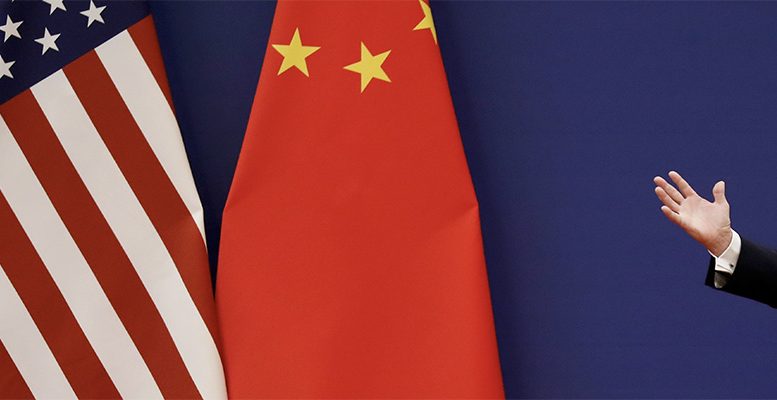It seems natural to answer yes, but I have never completely believed it, despite the statistical forecasts which say it will. China is a giant economy with feet of mud. If we look at the evolution of the US towards its privileged position, China of course seems nothing like it. To begin with, China benefited from the efforts of the US to balance the Soviet Union with a new ally, and of course they achieved, although it is not so much of an ally now. In any case, the rise of China began with this advantage.
But it is that China has never become a capitalist country, rather a statist country, and ever more so. This means that economic decisions, macro and micro, are taken in the Central Committee, and, however little liberal we are, we should recognise, as said Hayek, that states never have enough information to know what the future will be, which prevents them deciding the quantities and prices of each good and service produced, at every moment, without messing it up. Generally, when this happens it is not rectified, but they try to cover up the mistake with an even bigger error, which leads to an accumulation of deviations for the equilibrium point.
But then why has strong growth lasted so long in China? I would say, to start with, that I do not trust the statistics produced by the same power centre. But even allowing for them to be accurate, they show a series of the errors we spoke of. Moreover, something else China does is taking advantage of its dictatorship to save itself the mountain of social costs which are inevitable even in a country as capitalist as the US. Anti-pollution costs, for example, with its unlimited and uncontrolled industrialisation, which sooner or later will have to be paid. As visitors to China have told me, you cannot breathe in Beijing.
All this is no more than a reflection of the failures of dirigisme, much greater than thought, when private companies are private in name only. A certain macroprudential intervention by the state is unavoidable, but China’s crosses all limits and generates waste. That is why I do not believe, for example, the statistics for growth and productivity.
China and its success remind of Spain’s success in the sixties. A directed economy which grew strongly because of a series of factors. It is true that what that administration, mainly Opus, achieved was prodigious, given that it put GDP per capita at its highest level ever compared to the average of the European Community, which then was the six wealthiest countries, with almost no unemployment. But it could not go on for ever. Spain had to be made more capitalist with fewer errors resulting from dirigisme, and that was not easy, or, to be honest, successful, as I explained in my article “From Francoism to the Transition, why from success to mediocrity?”. Because the problem is not the economic success of Francoism, which was indisputable, but rather the subsequent failure, equally indisputable.
Dirigisme has its limits, and China is a centralist and dirigiste country. This means the manipulation of prices and quantities, which cannot serve as a guide for producers on where profits are. The profit which emerges in Chinese accounting is unreliable, and, as Wolf says, its dependence on exports delays sine die the increase in GDP per capita. In short many millions of decisions cannot be centralised without committing significant errors, and a confusion between private and public goods which in some point will take its toll, exacerbated by a debt which so far has covered up these failings.





